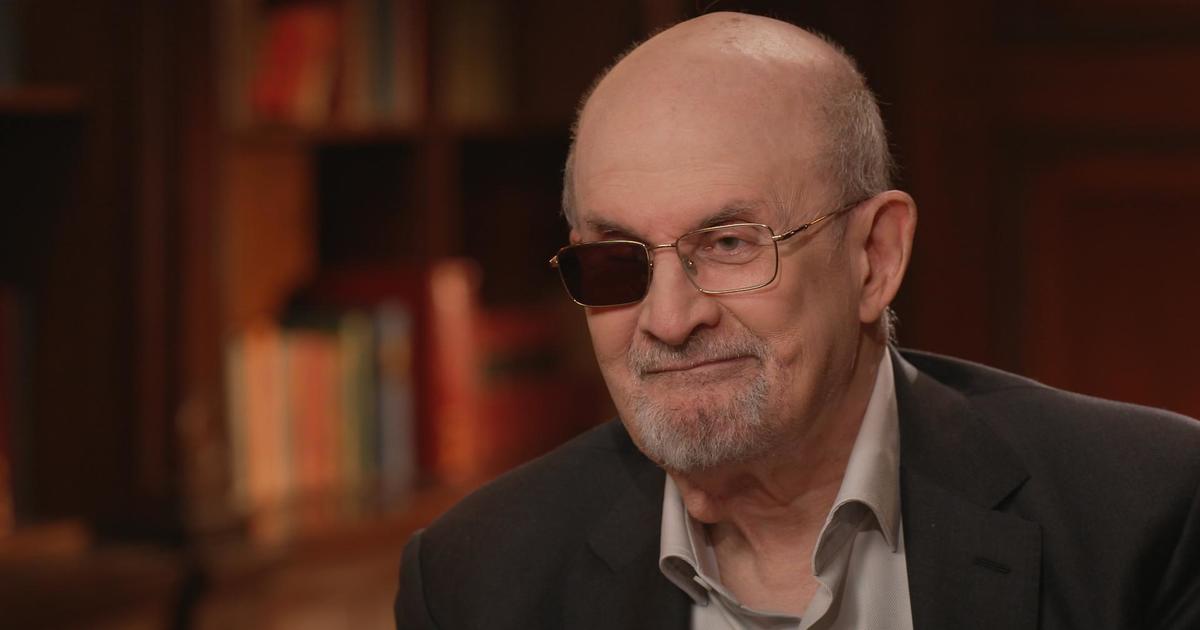Lawmakers push to stop simultaneous surgeries
Members of Congress are asking hospitals to stop allowing simultaneous surgeries. The widespread practice leaves one surgeon in charge of two or more operations at the same time. They delegate some responsibility to less experienced colleagues.
A Senate report this week says “…the need to ensure patient safety and informed consent is too important to ignore.”
The Senate started investigating simultaneous surgeries after the Boston Globe Spotlight team raised questions about the practice at Massachusetts General Hospital. More than half of hospitals initially contacted by the Senate did not have policies no simultaneous surgeries, reports CBS News correspondent Chip Reid.
- 7 emergency surgeries you don’t want to have to get
- Would a surgeon tell you if something went wrong during your operation?
Pitcher Bobby Jenks helped the Chicago White Sox break their 88-year-old World Series drought in 2005. His major league career ended six years later, following a back operation at Massachusetts General.
He sued, claiming his procedure was botched by a surgeon working in two different operating rooms.
“I had no idea that there was another surgery booked at the same time,” Jenks told the Boston Globe in 2015.
The Senate Finance Committee surveyed 20 teaching hospitals and found as much as 33 percent of their surgeries are double-booked. Some surgeons reported even higher rates, up to 46 percent of their operations.
“I think it’s a real mistake to try to do multiple operations or more than one operation at the same time,” said Senate Finance Committee Chairman Orrin Hatch.
The American College of Surgeons said: “A primary attending surgeon’s involvement in concurrent or simultaneous surgeries… is inappropriate.” But its guidelines still permit operations to overlap under certain conditions.
For example, a surgeon may begin operating on a second patient after the “critical components” of the first surgery are done, or if another surgeon takes over the first operation.
“Almost like a bait and a switch,” Dr. James Rickert said.
Rickert is president of the Society of Patient Centered Orthopedics. He said patients are too often kept in the dark.
“When people become aware of it, they’re usually surprised and sometimes a little horrified to hear that their surgeon who they picked out will not be doing their entire surgery,” Rickert said.
Most studies suggest simultaneous surgeries did not increases risks to patients. According to hospitals, the practice maximizes the number of people who can be helped by highly skilled specialists, especially during mass casualty events. It also allows younger surgeons to gain experience in the operating room.
“It’s very, very important that doctors be right on top of everything they do, especially surgeons, because you never know what can happen,” Hatch said.
Massachusetts General declined to comment on Jenks’ case because of patient privacy rules. A hospital memo released in January said: “... the Globe’s stories and columns have mischaracterized our hospital, our surgeons, our care and our commitment to quality and safety.”
Massachusetts General strengthened its policy on simultaneous surgeries in 2012.



